After delaying billions of dollars in investments, Ford is shifting its EV strategy to put more focus on smaller, more affordable models – but ones that will also deliver quick profits, CEO Jim Farley said during an automotive conference in New York on Thursday.
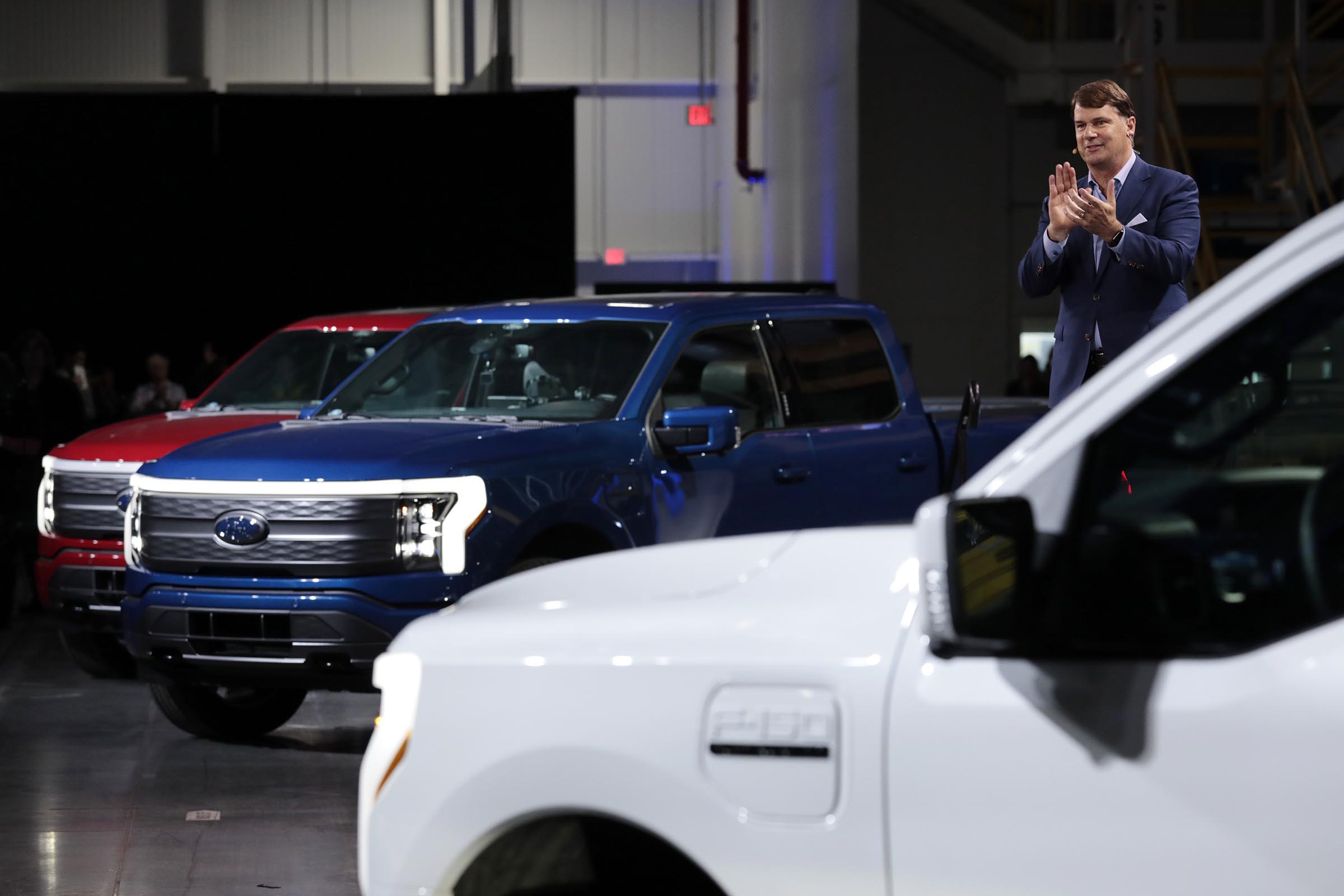
Ford Motor Company President and CEO Jim Farley at the launch event for the Ford F-150 Lightning at the Rouge Electric Vehicle Center in Dearborn, Michigan on Tuesday, April 26, 2022.
EV sales surged about 800% between 2019 and 2023 – but have flattened out in recent months and affordability is one of the key factors why. The average transaction price for a battery-electric vehicle, at about $60,000, is well beyond what mainstream buyers can handle, industry experts believe.
That’s led to a major shift in strategy for Ford Motor Co., the automaker now putting an emphasis on smaller, more affordable products that it believes also can generate healthy profits. Though many leaders say that’s simply not possible using today’s EV technology, Farley said products like those can deliver “dramatically better operating cost(s).”
Nonnegotiable
“It’s nonnegotiable that we’re going to allocate capital to a new affordable electric vehicle … and you have to make money in the first 12 months,” Farley said Thursday during the Wolfe Research Global Auto Conference in New York. “And I don’t want a bullshit road map. I want, like, a real plan. And if you can’t [execute] that plan, we ain’t launching the car,” he said he told his team.
Currently, Ford offers two all-electric products for the retail market, the Mustang Mach-E and the F-150 Lightning. Both come in well north of what the typical gas-powered product sold in the U.S. costs today. A fully loaded Lightning can push above $100,000.
While that might have worked with the early adopters that were, until recently, driving the growth of the EV market, “What the customer has now said to us is, if you have [an EV] larger than Escape, it better be really functional or a work vehicle,” explained Farley.
Until now, automakers have had trouble justifying smaller, less expensive EVs, with only a handful coming in at under $35,000. But Farley earlier this month revealed that he has created a “skunkworks” team specifically focused on developing affordable EVs – with outside analysts betting the target price will start somewhere between $25,000 to $30,000.
More Ford News
- Farley reveals “skunkworks” program for affordable EV
- Ford reports full-year profit – but Q4 loss
- First look: 2025 Ford Explorer
Turning a profit
A critical goal for the project is to come in with affordable offerings that also are profitable. Currently, Ford revealed last autumn, it is losing about $35,000 for every EV it sells.
“If you do the economics for a vehicle, let’s say the Escape or smaller, it’s totally different, it completely works. In fact, it’s dramatically better operating cost than a Corolla or Civic or even a Maverick.”
Ford’s shift in strategy was underscored by its recent decision to delay about $11 billion in EV spending. Among other things, it is revising its planned product portfolio while pushing back work on one of two battery plants set to go into Kentucky. It also reduced the size of another battery plant in Marshall, Michigan.
The Chinese are Coming
Getting into the market with entry-priced EVs will become even more important in the coming years as Ford faces off with a wave of new Chinese brands such as BYD. Short for “Build Your Dreams,” it has gained rapid traction not only in China but in Europe. While Tesla remained the world’s best-selling EV manufacturer last year, BYD’s affordable offerings helped it outsell the U.S. EV maker during the fourth quarter of 2023.
“If you cannot compete fair and square with the Chinese around the world, then 20 to 30 percent of your revenue is at risk,” said Farley. “We have to fix this problem. We have to address this.”

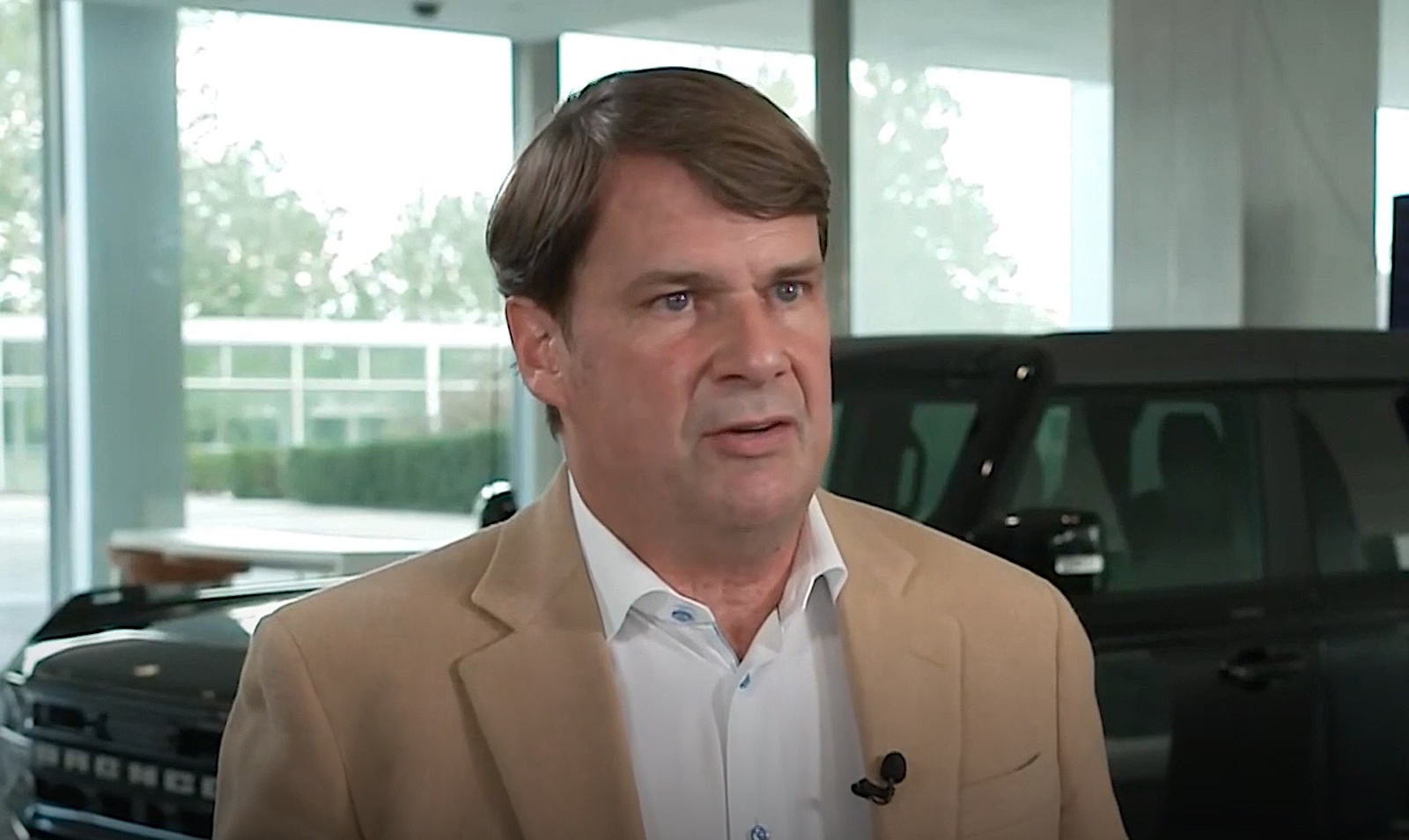
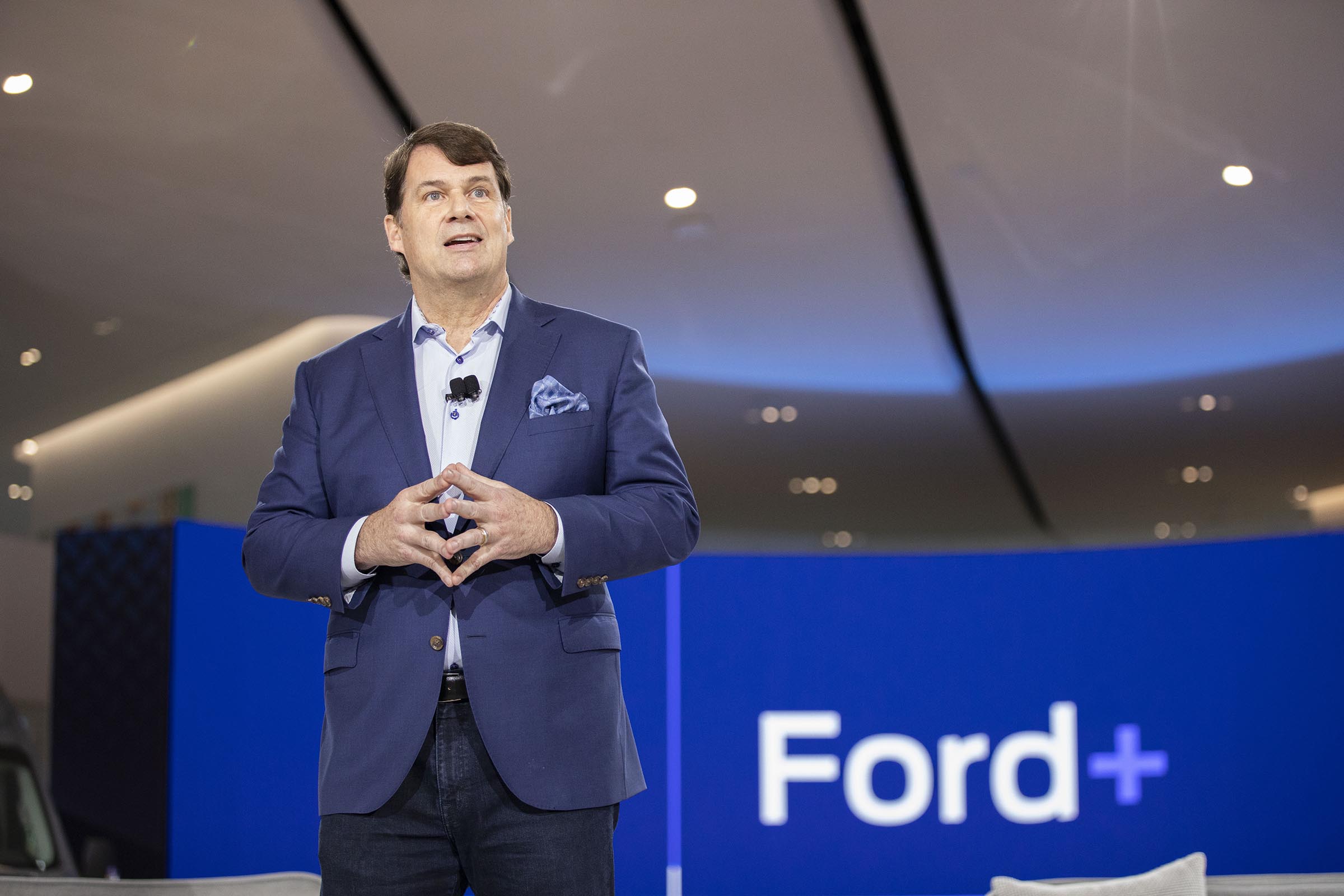
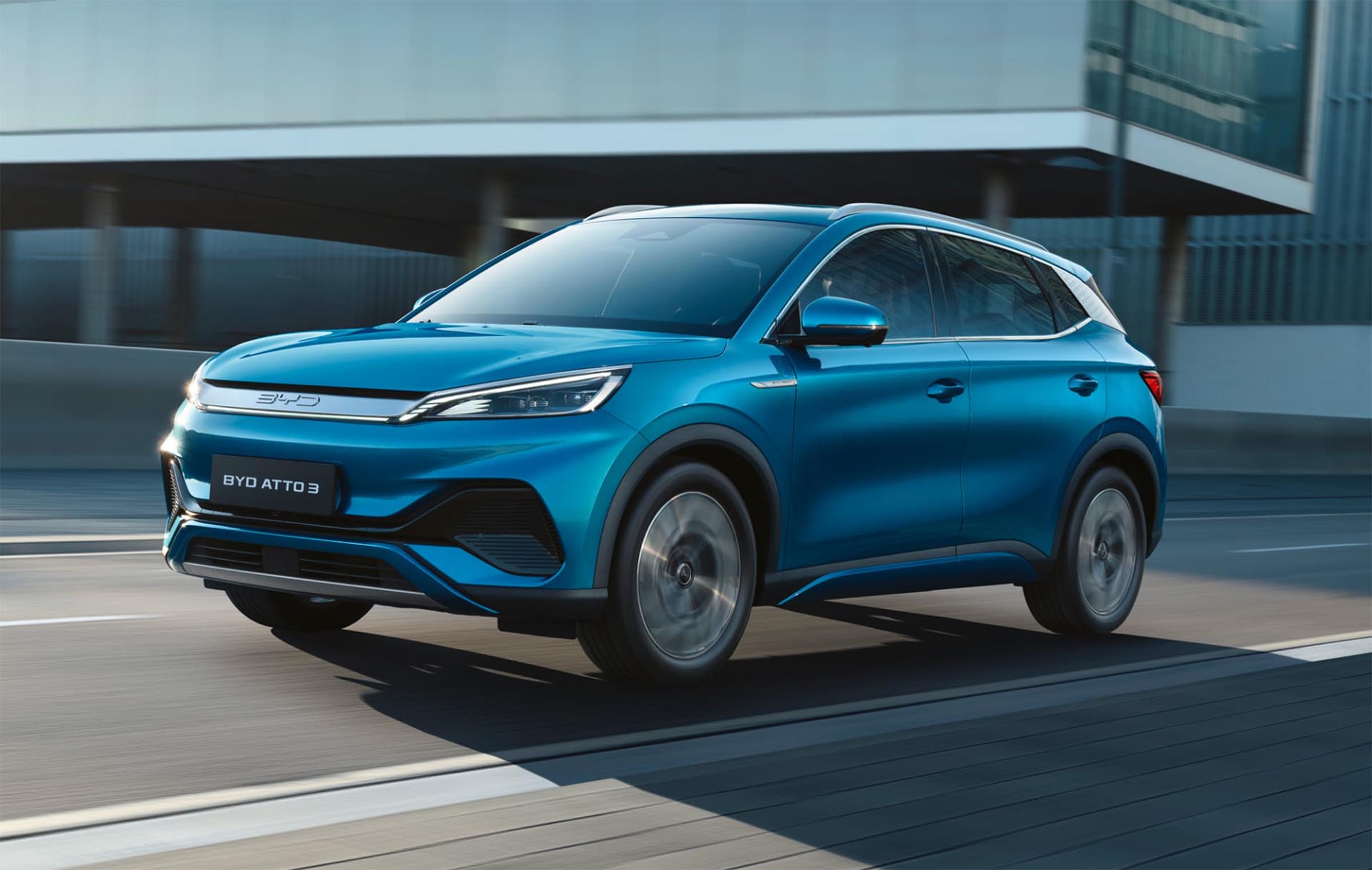
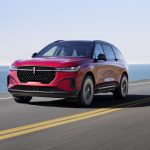
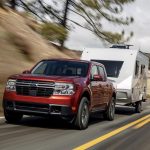

0 Comments